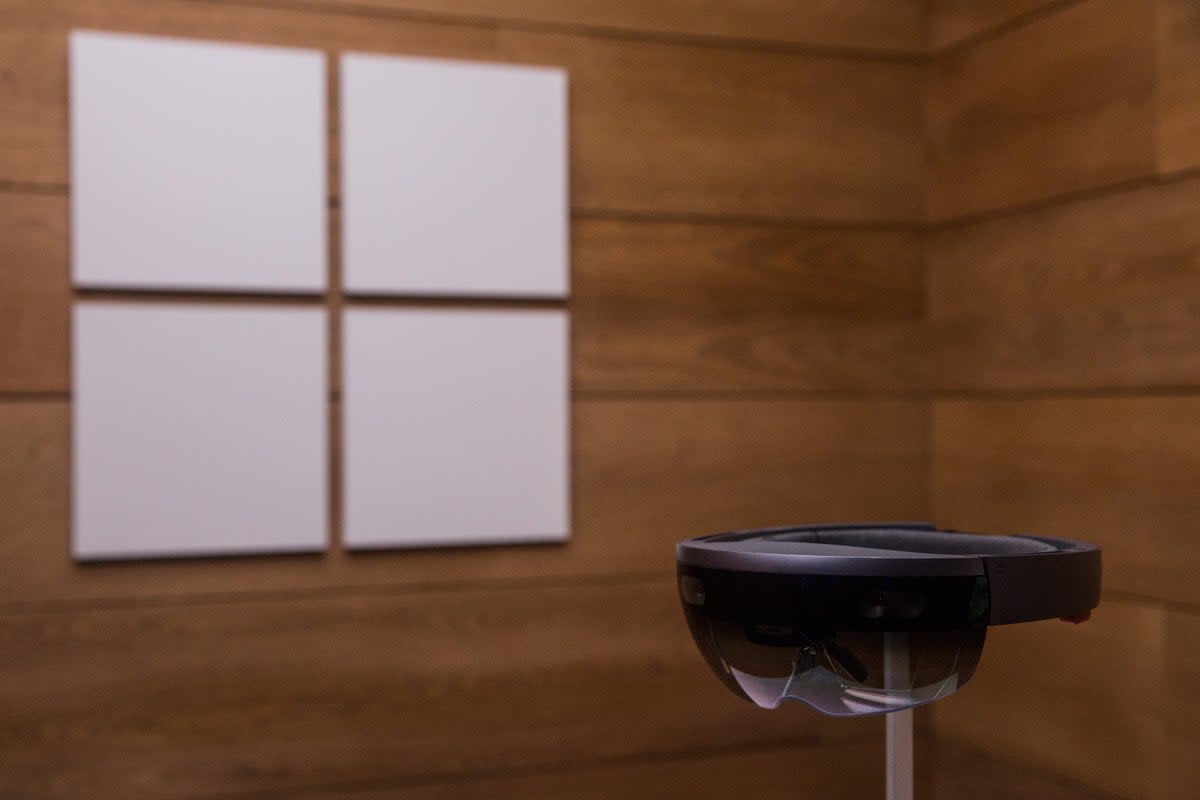Microsoft’s smart goggles ‘would have got us killed’, army reportedly says

Smart goggles made for the military by Microsoft failed four out of six tests that could put users at risk, an army report apparently states.
The Integrated Visual Augmentation System (IVAS) goggles, which are an adapted version of its Hololens product, projects holographic information over the visible environment – theoretically giving the wearer more data via a “heads-up display”.
This can include night and thermal vision, tactical edge computing, situational awareness, and passive targeting, powered by Microsoft’s cloud computing platform.
However, testimony from users is very critical: "The devices would have gotten us killed," one said, as the light generated by the goggles when they are turned on could alert enemy soldiers to the user’s location.
This glow was visible from hundreds of meters away, and the device itself limited peripheral vision as well as being bulky enough to restrict the wearer’s movement.
An "operational demo” of the devices saw it fail in four out of six events, Insider reports, but the US military still considers it a success.
"The emerging results indicate that the program achieved success in most of the Army evaluation criteria," Brigadier General Christopher D. Schneider said.
"However, the results also identified areas where IVAS fell short and needs additional improvements, which the Army will address."
Microsoft did not provide comment.
The military has purchased an initial 5000-strong batch of Microsoft’s IVAS system this month, with another 5000 set to be delivered next year.
However, there have been two redesigns of the headset already – and a third is set to be done before it is put in the field. “We don’t want to rush IVAS to the field until it’s ready”, Brigadier General Schneider has previously said.
In December 2021, Microsoft’s IVAS was delayed as it was ““not combat ready” due to concerns over moisture protection, heads-up display (HUD) calibration problems, and other field testing concerns.

